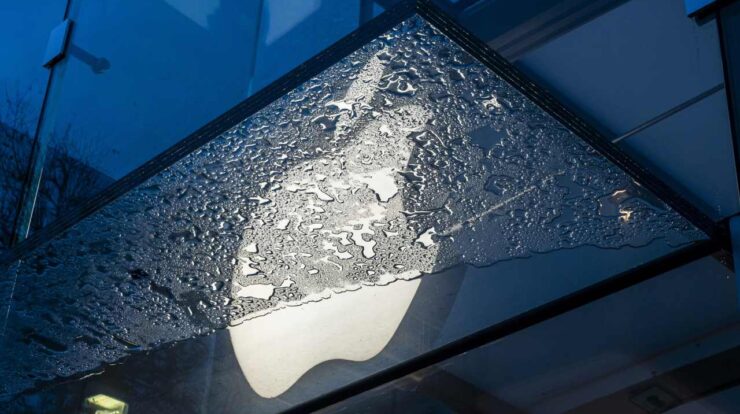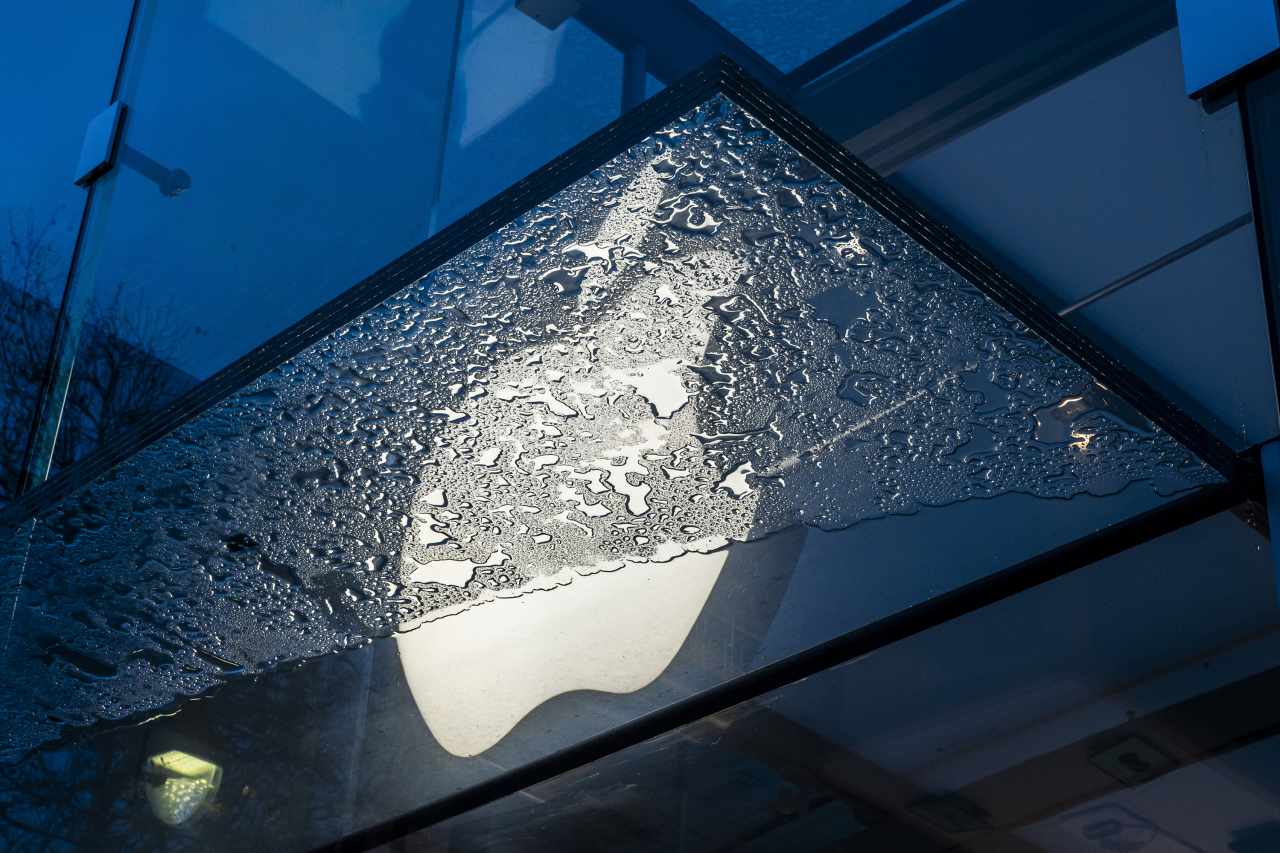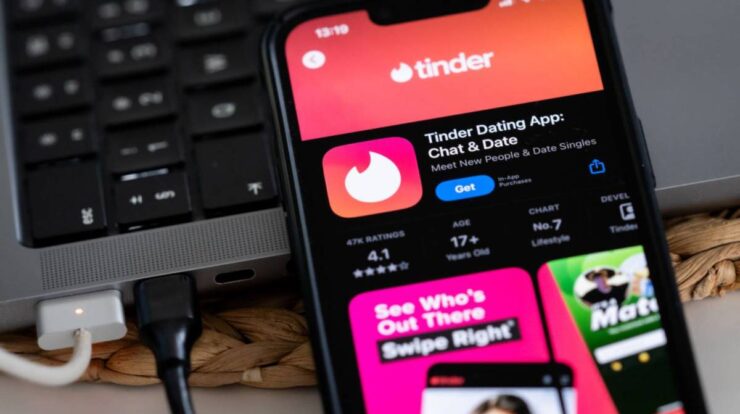

For a party that isn’t a litigant in the case, Apple has an intense interest in the penalty phase of the landmark U.S. vs. Google antitrust trial.
The issues came to light on Wednesday when Apple executive Eddy Cue testified that Google search activity on Apple devices dropped for the first time ever in April. He attributed this decline to emerging AI-powered search tools such as Perplexity and ChatGPT.
Alphabet stock was the main casualty of the comments, finishing Wednesday down 7.3%. But Apple has something at stake in this trial too. It gets billions of dollars every year from Google—profits that are now at risk in the trial.
Apple shares finished Wednesday down 2.3%.
It’s impossible to analyze Cue’s testimony without recognizing Apple’s self-interest in the outcome of the case.
The proceedings have centered on the measures taken by Google to sustain its dominance in American search engine markets, such as the financial incentives provided to Apple for setting Google Search as the standard option across their devices. During the trial, it was disclosed that more than fifty percent of all Google searches conducted within the U.S. originate from Apple gadgets. By 2022, these payouts reached approximately $20 billion for Google, constituting about eighteen percent of Apple’s pre-tax profits for that same period.
Google ultimately lost the trial, and it’s now dueling with the Department of Justice over what penalties it will face. One Justice Department proposal would prohibit Google from making payments to guarantee search placement. Ironically, that remedy is a bigger loss to Apple, which would forfeit billions in profit, than to Google, which would immediately save billions. Its 2022 payment to Apple was roughly 10% of its total overall costs.
Apple’s interest is so great here that it tried to join Google’s case as a co-defendant in the penalty phase. Apple told the Court that the Justice Department’s proposal “threatens to undercut Apple’s property interest in its existing contract with Google and in its ability to enter into future contracts with Google across a host of domains, including general search, AI, and other related areas.”
Apple’s request was denied, which left Cue in an unusual spot on Wednesday, as a witness that wanted to be a defendant. His testimony, therefore, has to be seen through Apple’s broader interest in the case. His comments on falling search traffic, even if true, may be an attempt by Apple to show Google’s search dominance is already fading, and that it deserves more lenient treatment from the Court.
Apple has 20 billion reasons to make that argument, even if it also helps Google in the process.
Write to Adam Levine at
[email protected]





